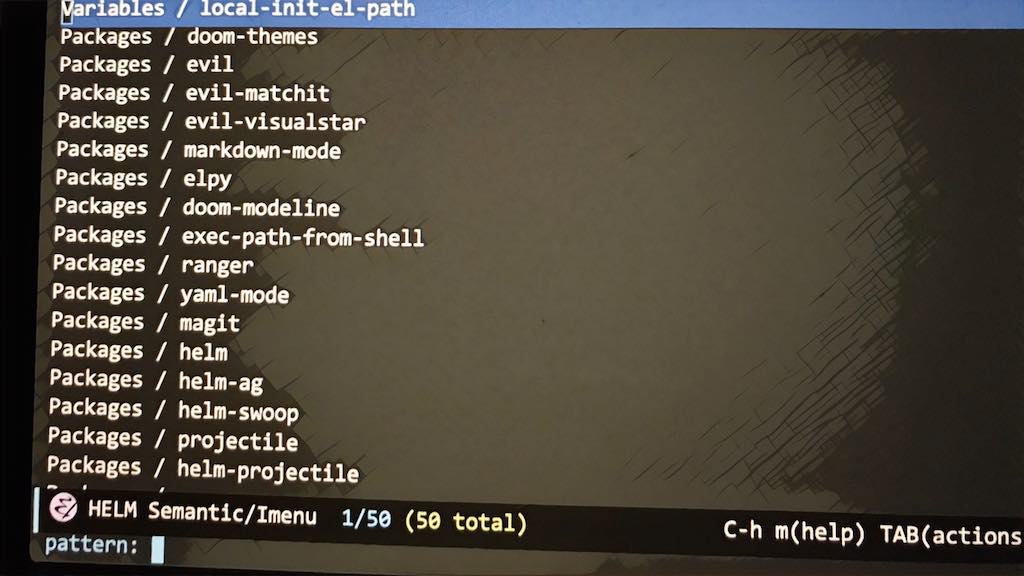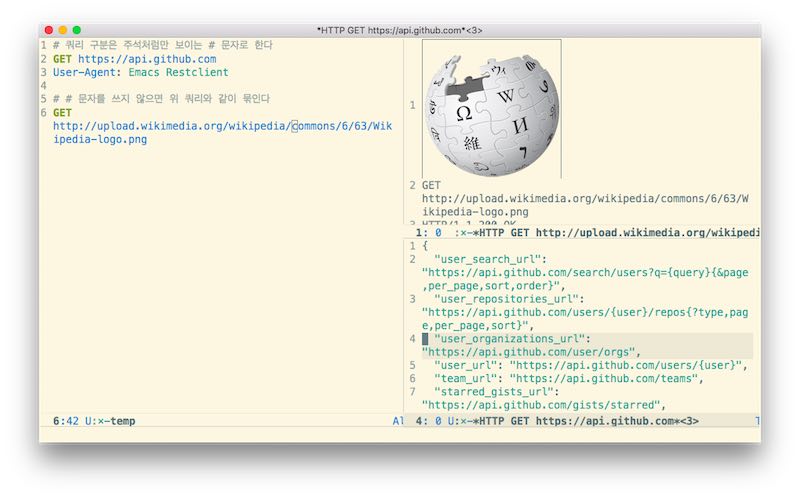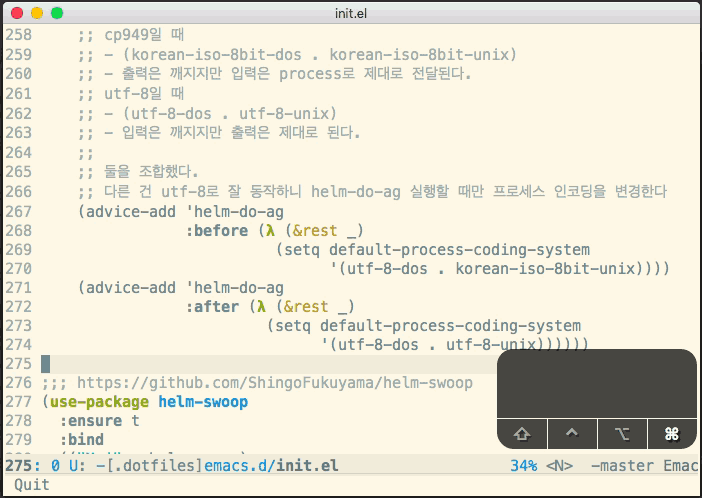#elisp progn 특수 형식(special form)은 언제 쓰는 걸까?
’When/why should I use progn?’ 질문한 사람처럼 나도 궁금했다. progn 특수 형식(special form)은 언제 쓰는 건가? 안 써도 똑같이 실행되던데.
식 여러 개를 순서대로 실행하는 데 필요하다. 그럼 progn 안 쓰면 한 개만 허용한단 말인가? 예전에는 그랬나 보다. 하지만 불편했는지 implicit progn이란 걸 적용했다. progn을 쓴 것처럼 body에서 여러 줄을 순서대로 실행할 수 있다.
As a result, progn is not used as much as it was many years ago. It is needed now most often inside an unwind-protect, and, or, or in the then-part of an if. - 10.1 Sequencing
그래서 몇몇 경우를 제외하곤 거의 쓸 일이 없다.
(prog1 '1 '2 '3)
;;=> 1
(prog2 '1 '2 '3)
;;=> 2
(progn '1 '2 '3)
;;=> 3
prog는 program 줄임말인 것 같은데, 딱 부러지게 설명한 곳이 없다. common lisp에서 가져온 용어인가보다. 뒤에 붙는 건 return 값 위치를 의미한다.
(if (file-exists-p path)
(progn
(find-file path)
(auto-revert-tail-mode 1)
(read-only-mode 1)
(goto-char (point-max))))
if 특수 형식의 then 파트처럼 implicit progn을 지원 안 하는 곳에서 식 여러 개를 실행할 때, 쓰거나
(use-package org
;;...
;; org-clock persistence 설정. 컴퓨터 꺼도 emacs 시계는 굴러간다.
(progn
(org-clock-persistence-insinuate)
(setq org-clock-persist t)
(setq org-clock-in-resume t)
(setq org-clock-persist-query-resume nil))
;;...
)
progn을 안 써도 되지만 그룹을 만들어 읽기 좋게 하려고 쓴다.
참고
- 10.1 Sequencing - gnu.org
- When/why should I use progn? - emacs.stackexchange.com
- Curiosity: What does progn stands for? - emacs.stackexchange.com
C-x C-s C-x C-c




